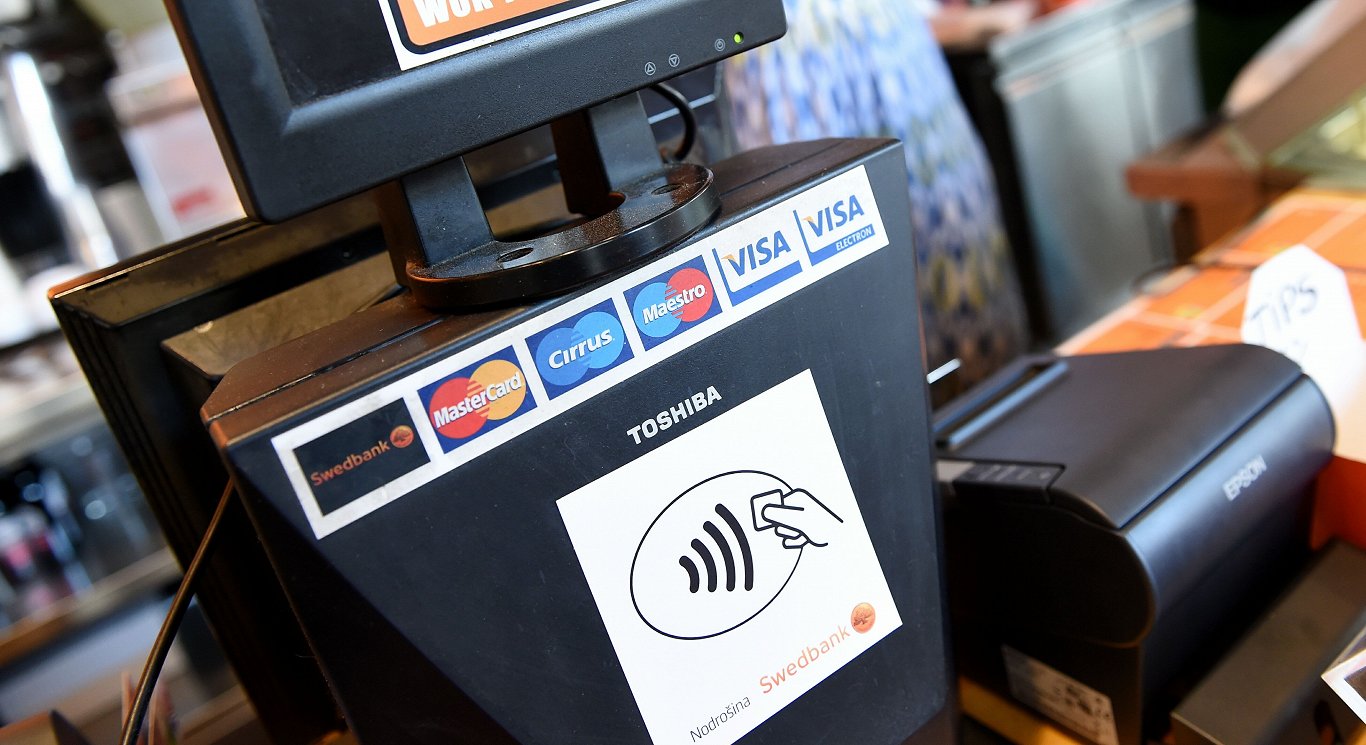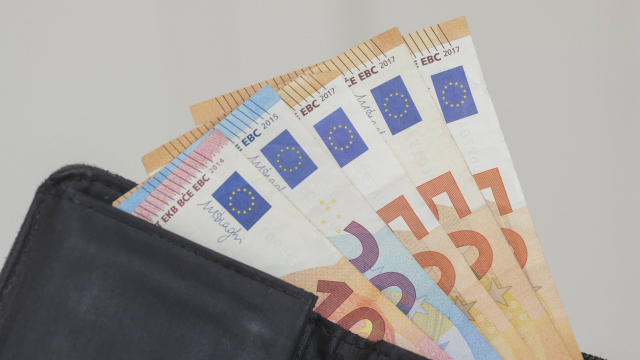With many people buying supplies such as food in bulk on a weekly rather than daily basis, shopping trips can easily exceed the previous limit.
Finance industry body the Finance Latvia Association (FLA), which includes most commercial banks, announced the change March 25.
Swedbank, Luminor, SEB, Citadele, BlueOrange Bank, Baltic International Bank, PrivatBank, Signet Bank, LPB Bank, Industra Bank, and Rigensis Bank, which covers more than 99% of the payment card market, have confirmed their readiness to make the switch starting from March 26, and to raise the contactless payment limit until the end of the government-declared emergency.
However, "It may take a few days for the country to fully implement the new limit," they warn.
Similar decisions have already been made in Estonia and Lithuania.
"We anticipate that this decision will increase contactless card billing transactions in Latvia by at least 10 percentage points," the FLA said. "The limit will remain in effect until the end of the emergency declared by the government. While the risks of spreading Covid-19 via electronic payment methods are low compared to cash, the proposed solution further reduces the need to interact with a payment card acquiring terminal PIN, one of the customer-facing surfaces in shopping areas."
Customers can still limit the amount of contactless payments on their payment card via Internet banking, if they wish.
Customers who have linked their payment cards to mobile devices can also use the contactless payment feature on their phones and other mobile devices.






























